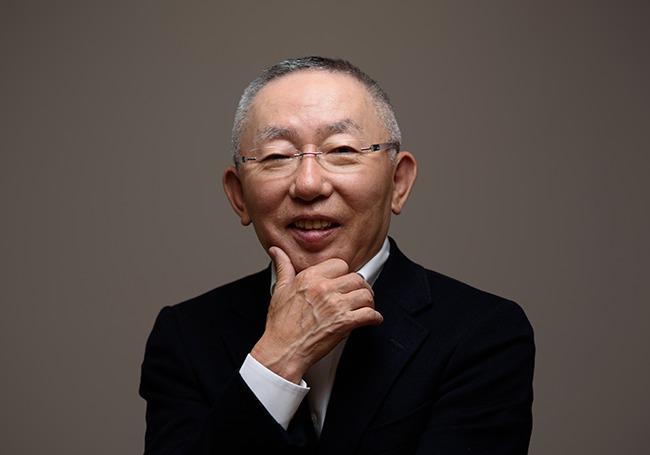Notable Roles | - Founder, Chairman & CEO, Fast Retailing Co., Ltd. |
Key Recognition | - International Retailer of the Year, National Retail Federation (2010) |
Background and Early Foundations
Tadashi Yanai was born in Ube, Yamaguchi Prefecture, Japan, in 1949. He graduated from Waseda University in 1971 with a degree in economics and political science. After a brief stint at Jusco, a supermarket chain, he joined his father’s tailoring business, Ogori Shoji. Recognizing the potential for casual wear, he opened the first Uniqlo store in Hiroshima in 1984. In 1991, he rebranded the company as Fast Retailing, setting the stage for global expansion.
Career Milestones and Impact
Year | Milestone |
|---|---|
1984 | Opened the first Uniqlo store in Hiroshima. |
1991 | Rebranded Ogori Shoji to Fast Retailing Co., Ltd. |
2001 | Expanded Uniqlo internationally, opening stores in London. |
2010 | Named International Retailer of the Year by the National Retail Federation. |
2024 | Fast Retailing reported net profit of $2.5 billion on revenue of $21 billion. |
- Net Worth: Estimated at $50.3 billion, making him the richest person in Japan and the 28th-wealthiest globally.
- Global Presence: Fast Retailing operates over 3,500 stores worldwide, including brands like Uniqlo, GU, Theory, and Helmut Lang.
- Market Position: Uniqlo is recognized as one of the world’s leading apparel retailers, known for its functional and affordable clothing.
Leadership Style and Influence
Tadashi Yanai is known for his forward-thinking and innovative approach to retail. He emphasizes simplicity, quality, and efficiency in product design and operations. His leadership has transformed Uniqlo into a global brand, challenging traditional fashion norms and focusing on customer-centric strategies.
Legacy and Future Focus
Tadashi Yanai’s vision has redefined the global retail landscape. His commitment to innovation and quality continues to drive Fast Retailing’s growth. Looking ahead, he aims to further expand Uniqlo’s international footprint and invest in sustainable practices to meet evolving consumer demands.









